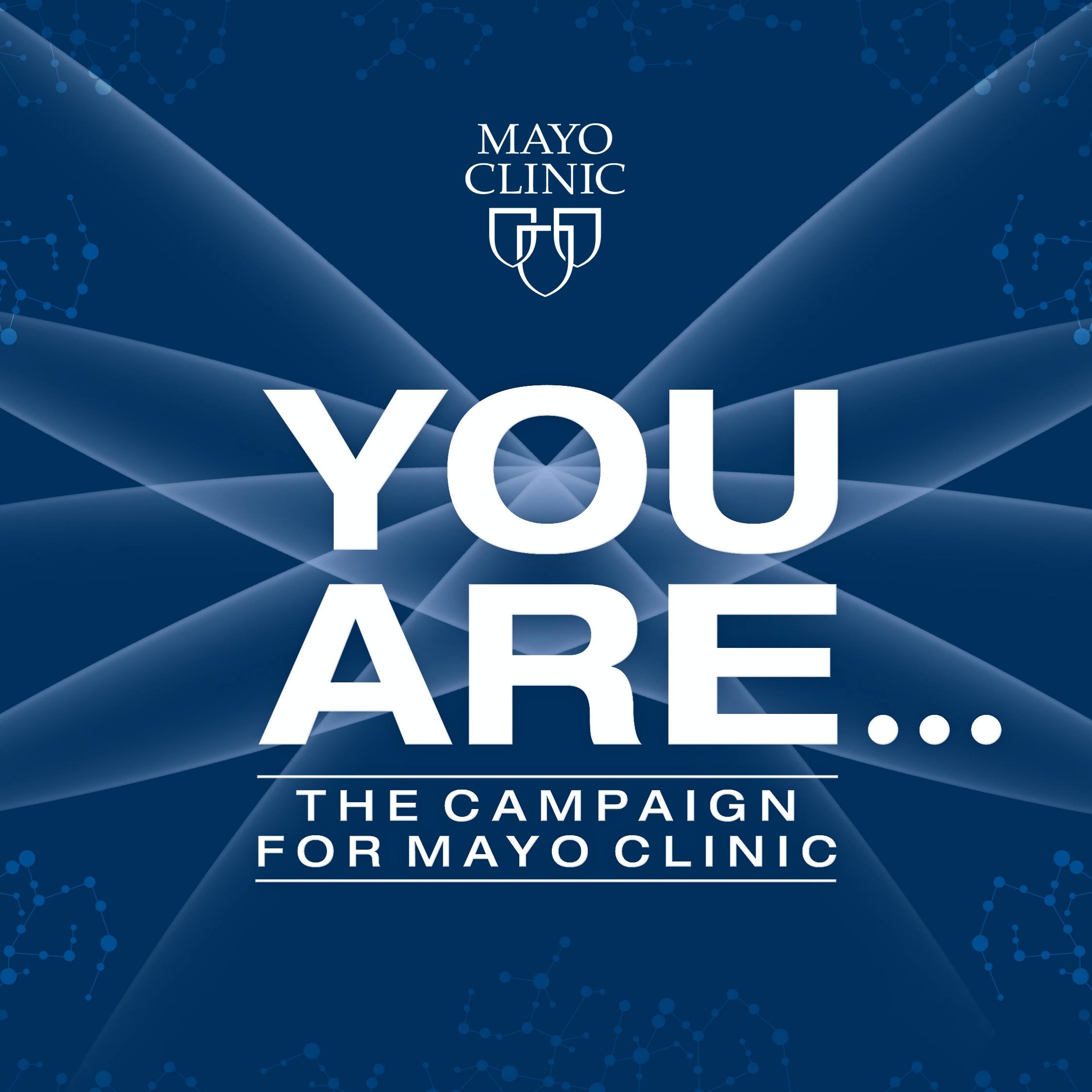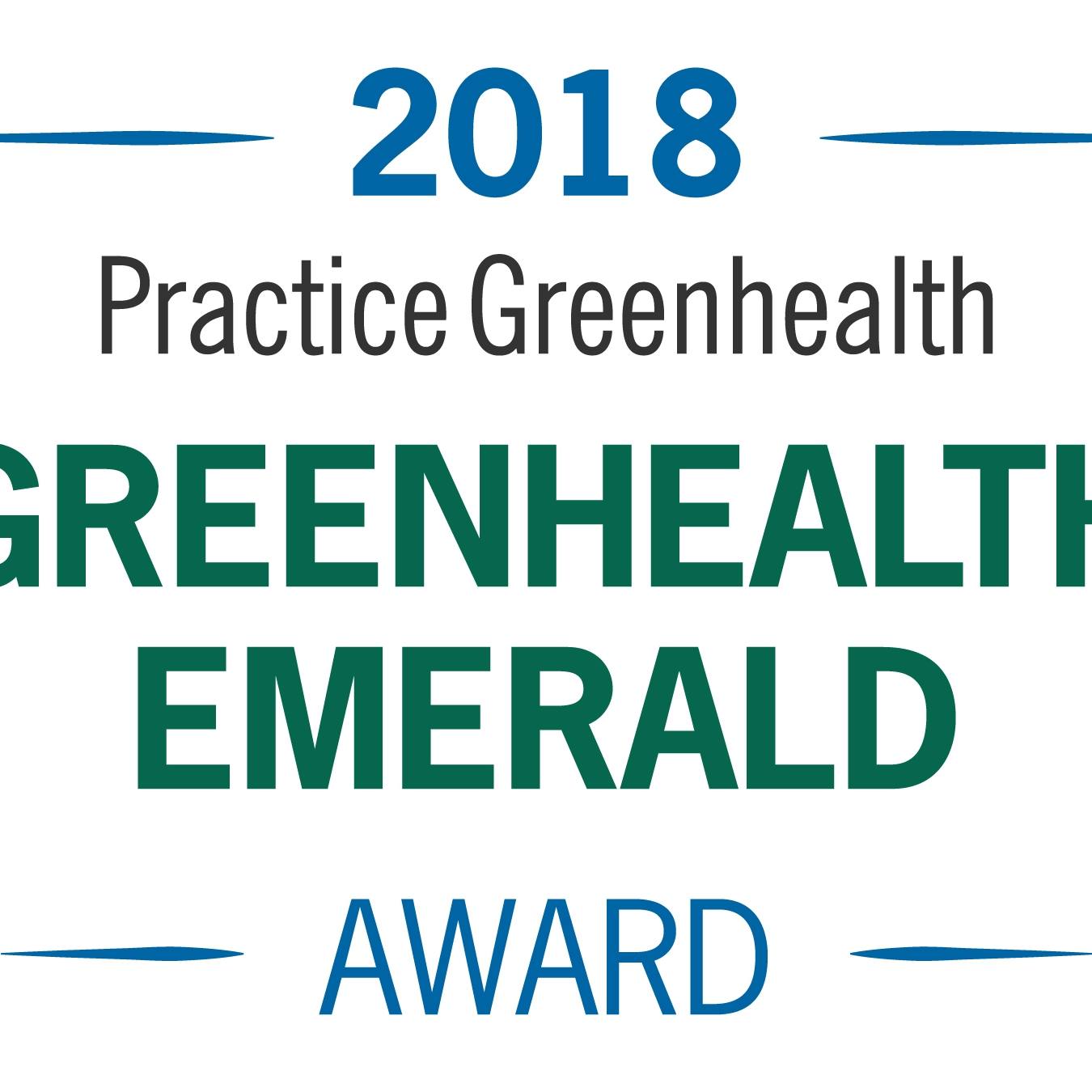Arizona

10 Mayo Clinic research advances in 2024, spanning stem cell therapy in space to growing mini-organs
December 30, 2024
ROCHESTER, Minn. — At Mayo Clinic, researchers published more than 10,000 scientific papers in 2024 that are driving medical discoveries, leading to new cures for[...]

February 21, 2018

February 19, 2018
Explore more topics
 Sign up
Sign up

Mayo Clinic Connect
An online patient support community









